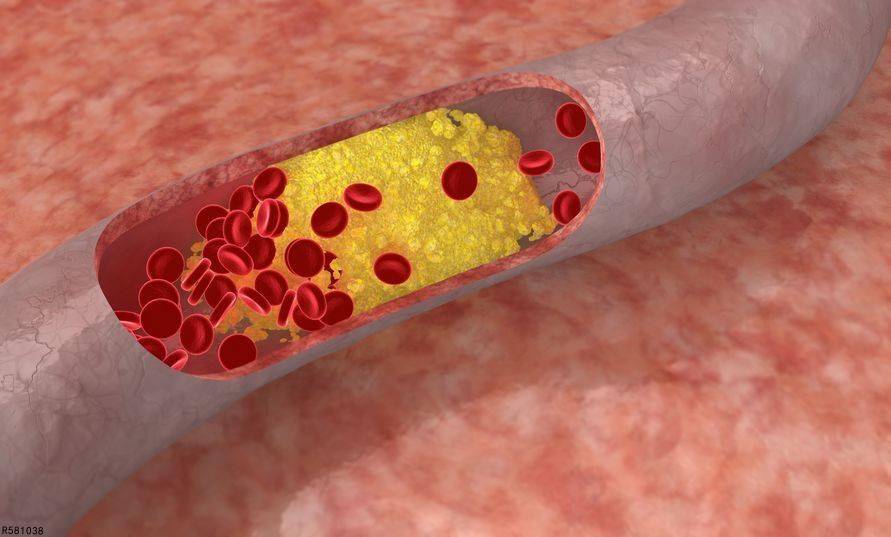The blood of the human body reaches various organs throughout the body through blood vessels, thereby nourishing the cells and tissues of the organs, and generating corresponding functions.
The thickness of the blood vessels in the human body varies, with capillaries being finer and more easily blocked by debris in the blood vessels, leading to vessel occlusion and impaired blood flow. Capillaries play a critical role at the convergence of arterial and venous blood, mainly functioning in nourishment. If a vessel is blocked, the corresponding tissue does not receive sufficient nourishment.
For example, in the case of brain cells, insufficient blood supply, oxygen, and energy may lead to inadequate oxygen supply to the tissues, resulting in necrosis and liquefaction, clinically presenting as blindness, aphasia, hemiplegia, incontinence, which poses significant risks.
Therefore, maintaining clear blood vessels is essential. These 4 kinds of foods have a good effect on preventing thrombus formation, clearing foreign substances in vessels, acting as “janitors” in the blood vessels, and can be consumed regularly.
1. Onion
The ability for blood vessels to soften and expand is vital, allowing blood flow and maintaining tissue oxygen supply even when blocked. Onions can soften blood vessels, lower blood pressure, and to some extent regulate blood lipids. Research has shown that consuming raw onion daily can increase the content of high-density lipoprotein cholesterol in coronary heart disease patients by about 30%, preventing high blood lipids, inhibiting fat embolism formation, and clearing blood vessels to maintain smooth circulation. It is recommended to consume onions regularly.
2. Seaweed
According to existing research, seaweed contains polysaccharides, polyphenols, which possess certain antioxidant, anti-inflammatory, and blood lipid-lowering effects. Unsaturated fatty acids in seaweed have outstanding blood lipid-lowering effects, especially the polysaccharide components. Besides reducing blood lipids, regular consumption of seaweed can supplement essential trace elements and promote health.
3. Corn
Research indicates that corn germ oil has a certain blood lipid-lowering effect. In addition to corn germ, drinking boiled corn silk can also lower blood lipids. Therefore, individuals with viscous blood can consume more corn regularly. It can lower blood lipids, aid in digestion, and prevent colorectal cancer.
4. Celery
Celery is known for its blood pressure-lowering effect. In addition to lowering blood pressure, celery is rich in chlorophyll, which also has a blood lipid-lowering effect. Additionally, celery is abundant in dietary fiber, which can cleanse the intestines, reduce long-term absorption of oily foods, and lower blood lipids.
In conclusion, besides drug assistance, diet therapy is also an effective method to maintain clear blood vessels. Consume more celery, corn, seaweed, and onion in daily meals. Apart from the aforementioned foods, it is essential to reduce body weight, consume foods rich in fiber and vitamins, limit intake of fatty foods such as internal organs and cream, and avoid overeating. Furthermore, quit smoking and drinking, engage in more physical activities. Most importantly, if diagnosed with atherosclerosis, seek timely medical attention, follow the doctor’s advice on blood lipid management, preventing complications to ensure clear blood vessels and lifelong health.


